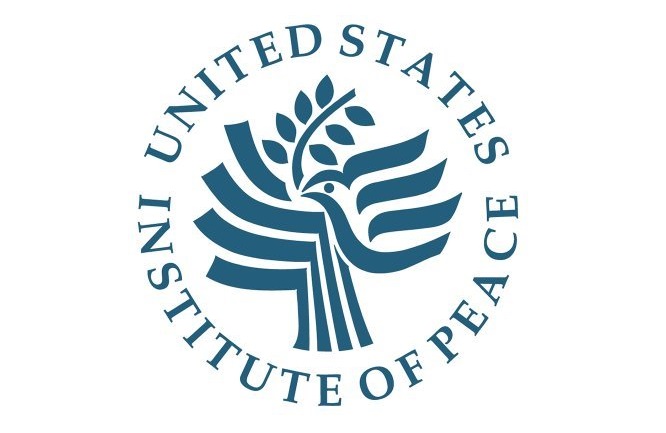USIP calls for civilian harm mitigation plan in military operations
The Country Director of the United States Institute of Peace (USIP), Dr Chris Kwaja, has called for the urgent need for a civilian harm mitigation response plan in Nigeria’s military operations to prevent unnecessary civilian casualties. Speaking with Daily Trust, Dr Kwaja expressed concern over the frequent military mishaps that result in civilian deaths, stressing […]

United State Institute of Peace USIP
The Country Director of the United States Institute of Peace (USIP), Dr Chris Kwaja, has called for the urgent need for a civilian harm mitigation response plan in Nigeria’s military operations to prevent unnecessary civilian casualties.
Speaking with Daily Trust, Dr Kwaja expressed concern over the frequent military mishaps that result in civilian deaths, stressing that a structured mitigation plan would provide clarity on deployment strategies, target identification, collateral damage management, and community preparedness.
He said such a plan must incorporate human rights, humanitarian, and public safety components within the broader framework of civil-military relations.
“If you want to win the hearts and minds of the citizens, then they should also be carried along in planning. Sometimes, civilian populations are taken unawares, and once that happens, casualties increase,” he said.
- Over 100 terrorists’ financiers prosecuted in 2 years – Tinubu
- JAMB’s spending on staff feeding demands probe across government
The USIP country director acknowledged the complexities of military operations, including instances where civilians serve as informants for criminal groups or are used as human shields. He, however, maintained that such realities do not justify indiscriminate attacks on civilian populations and called for due diligence in population assessments to minimise civilian harm and uphold human rights.
Dr Kwaja dismissed the notion of concerns about operational compromises if civilians are involved in military planning, arguing that trust is the key factor. “If the civilian population trusts the military, there won’t be a compromise. If the military trusts the civilian population, there won’t be a compromise,” he stressed, adding that breaches in military operations often stem from internal leaks rather than civilian engagement.
He highlighted the importance of Nigeria’s Department of Civil-Military Affairs in fostering trust between the military and civilians and called for a maximisation of the department’s potential in strengthening relationships and reducing mistrust.
When asked about the feasibility of implementing a civilian harm mitigation plan in Nigeria, given systemic challenges, he argued that strong political will and clear enforcement mechanisms, including sanctions for non-compliance, are critical to ensuring adherence to mitigation strategies.
He pointed out that many nations have already adopted robust civilian harm mitigation policies that clearly outline operational procedures, responsibilities, and accountability measures.
